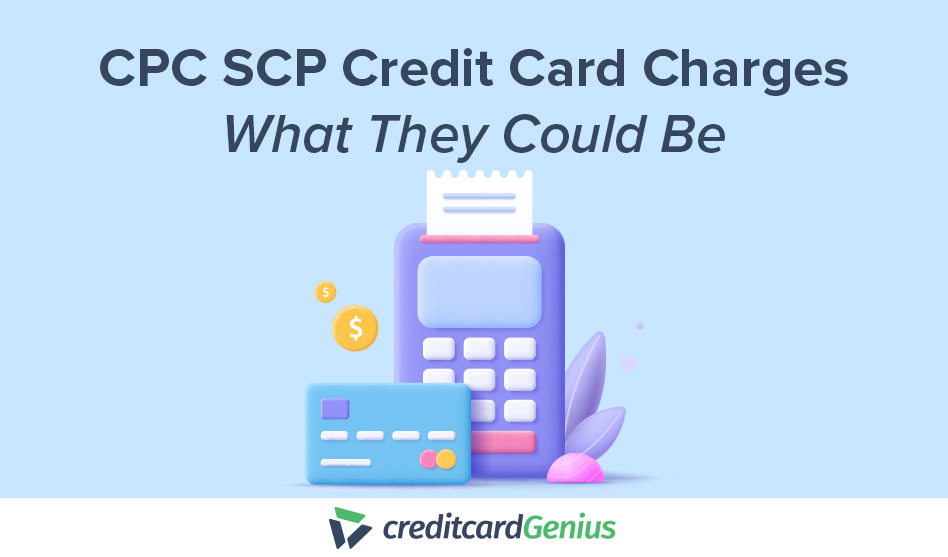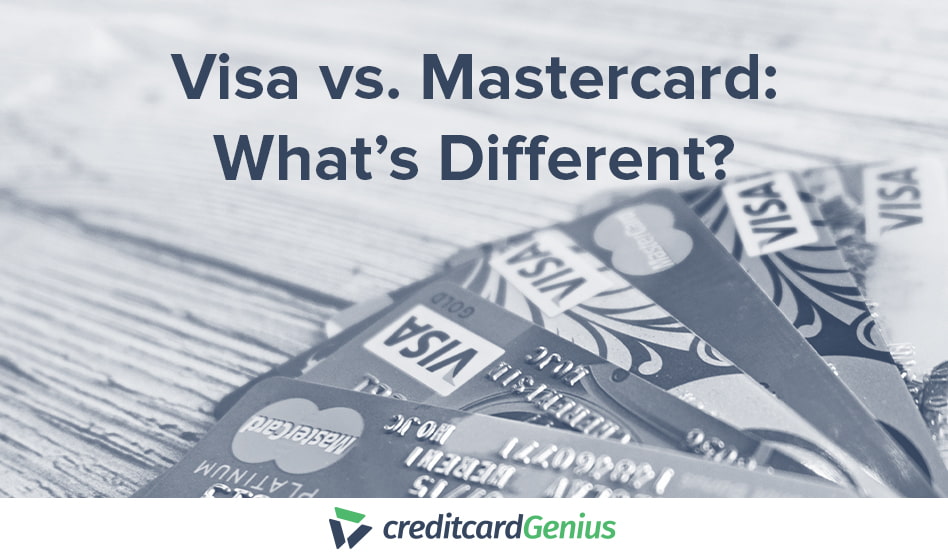Your credit card payment schedule should depend on your monthly cash flow and financial goals. Paying early can help build your credit score, but paying later lets you keep your cash for emergencies.
While your exact schedule can be tailored to suit your particular cash flow and spending habits, the priority should be to always pay your bills on schedule – by the payment due date – each month.
The information below explains the when, why, and how of paying your credit card bill.
Key Takeaways
- Paying your credit card early reduces your credit utilization ratio, which can help increase your credit score.
- Consider paying some or all of your statement balance early if you routinely spend more than 30% of your total available credit.
- Always pay your full statement balance before the payment due date to avoid interest charges and other penalties.
Never miss an amazing deal again + get our bonus 250+ page eBook for FREE. Join 50,000 other Canadians who receive our weekly newsletter – learn more.
When’s the best time to pay your credit card?
Paying your credit card bill early can help build your credit score, but paying it off later lets you hold onto your cash for longer.
To break it down a little further, figuring out your ideal credit card payment schedule depends on knowing 3 key terms:
- Your credit utilization ratio (or debt-to-credit ratio) refers to how much of your total available credit you’ve spent. For example, if you have two cards with a spending limit of $10,000 each and you spend a total of $3,000, your credit utilization ratio would be 30%.
- Your statement closing date is the last day in your credit card’s billing cycle, which lasts about 30 days. Every transaction you make before this date (including purchases, payments, and cash advances) will appear on your credit card’s statement balance.
- Your payment due date is the day your statement balance is due. It’s usually set 21 – 25 days after your statement closing day.
Credit utilization ratio = total spending on all cards / total spending limit on all cards x 100
Pay early to build your credit score
Your statement closing date isn’t just the day your current billing period ends – it’s also the day your bank reports your spending to the two major credit bureaus in Canada.
Both Equifax and TransUnion use your credit card balances to calculate your credit utilization ratio, which they then factor into your credit score. Making early payments brings down your total spending, lowers your credit utilization ratio, and increases your credit score.
If your debt-to-credit ratio routinely creeps above 30%, we recommend paying off your statement balance at least seven days before your payment due date.
To pay your statement balance in two installments, try the 15/3 method: pay the first half 15 days before the payment due date, and the other half 3 days before the payment due date.
Pay late to hold onto your cash
If your credit utilization ratio rarely tops 30%, there’s little advantage to paying your credit cards early.
As long as you pay off your credit card in full each time, your credit card issuer will continue to report a low debt-to-credit ratio to the credit bureaus, and your credit score will continue to grow.
Paying later means you can access emergency funds up until the very last moment. It also gives your cash more time to generate interest in your bank account.
Why should you pay off your credit card in full?
Regardless of how many payments you make – or when you make them – the most important thing is paying off your credit card in full before the payment due date.
Carrying a small balance from one month to the next won’t improve your credit score – in fact, it does the opposite.
Missing payments of 30 days can damage your credit score. The larger, the more recent, and the longer overdue the payment, the worse the hit. For example, your credit score will look worse a week after your third missed payment passes the 150-day mark.
Missing your credit card’s due date could also result in:
- Credit card interest
- Higher interest rates
- Late fees
- Lost promotions or rewards
- No interest-free grace period for your next statement balance
In the worst-case scenario, your bank could cancel your credit card after three or more missed payments.
Dealing with multiple payment due dates can be tricky. Try putting the dates in your calendar or setting an alarm. You can also ask your credit card company to send you due date notifications, move your statement closing date, or give you a payment holiday.
When do you pay your credit card bill?
Do you pay early or late? Do you make multiple payments? Do you pay smaller installments or regularly pay your bill in full?
Share your tips and experiences in the comments below!
FAQ
Does making two credit card payments per month help your credit?
Making two credit card payments per month will only help your credit score if it keeps your credit utilization ratio below 30%. This ratio indicates how much credit you have access to, versus how much of it you're using.
What is the 15/3 rule?
The 15/3 rule is a credit card payment strategy where you split your balance into two payments – paying half 15 days before your due date and the remaining half three days before the payment is due.
Should you always pay your credit card bill in full?
You should pay your credit card bill in full whenever possible to avoid interest charges and late fees. Paying at least the minimum on time keeps your payment history positive, though carrying a balance can negatively impact your credit score.
Is it better to pay your credit card before or on the due date?
You should pay your credit card at least two to three business days before the due date to allow sufficient processing time. This buffer ensures your payment is received and posted to your account before the deadline.
What’s a credit utilization ratio?
Your credit utilization ratio shows how much money you’ve borrowed in relation to the total amount of credit available to you. Lenders use this information to determine whether it's wise to offer you more credit.
Can you pay your credit card bill in advance?
Yes. Paying your credit card bill before the statement date won’t affect your credit score, but it can be a good option if you tend to leave your payment to the last minute and want to avoid missing the deadline.
creditcardGenius is the only tool that compares 126+ features of 228 Canadian credit cards using math-based ratings and rankings that respond to your needs, instantly. Take our quiz and see which of Canada's 228 cards is for you.









 GC:
GC: 


































Comments
Leave a comment
Required fields are marked with *. Your email address will not be published.